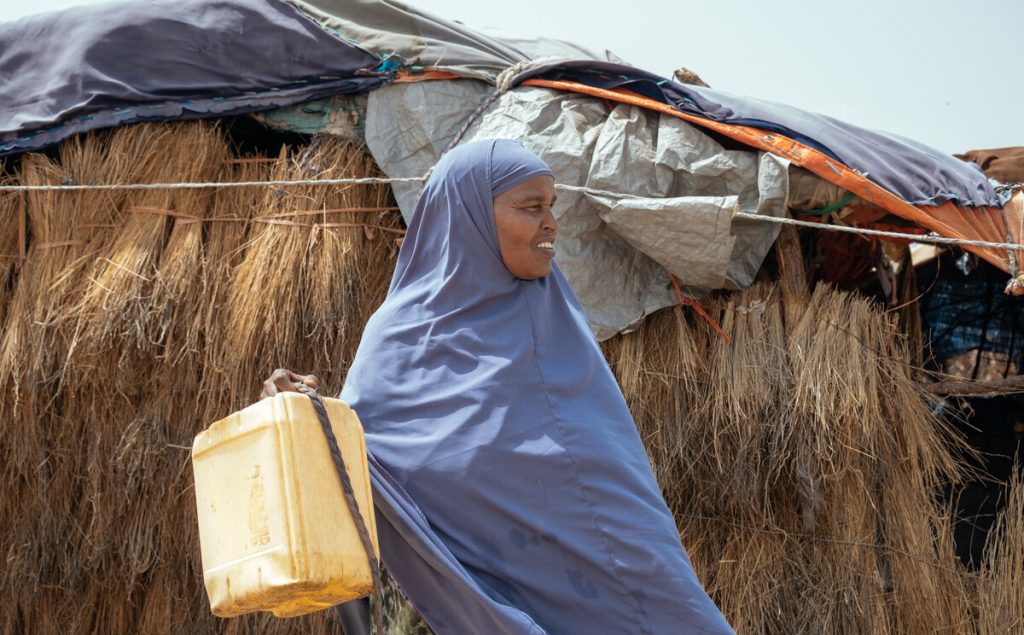At a time of global crises that require real leadership, solidarity, and generosity from the United States, the President’s budget request for fiscal year 2023 falls woefully short. The requested funding to address the climate crisis is nowhere near what’s needed. The budget also fails to make important financial commitments to address global hunger, as food prices are spiking again in the wake of Russia’s invasion of Ukraine.
The President’s budget requests only $1.6 billion for the Green Climate Fund (GCF), the world’s primary institution for supporting badly needed climate action in poorer countries. On its own, this sum would not even be enough to fulfill the existing U.S. pledge of $3 billion to the GCF, made by the Obama administration almost a decade ago in 2014.
Niranjali Amerasinghe, Executive Director of ActionAid USA, said:
“The Biden Administration has talked a big game about bringing back U.S. climate leadership. The idea that the United States was ever a climate leader is deeply questionable – it is, after all, the world’s largest historical emitter, a country that consistently fails to do its fair share of climate action, and a major blocker of progress in negotiations to ensure frontline communities receive the resources they need to cope with climate impacts.
But the idea that they can claim that today, while failing the world’s biggest multilateral climate fund that is crucial to global climate cooperation, is laughable. If the Biden administration wants to be a leader on climate, it must put money on the table. Otherwise, there is no reason for anyone to take the United States seriously at upcoming climate negotiations.”
After making its initial pledge to the GCF, the Obama administration was only able to disburse $1 billion before the Trump administration took over and U.S. support for the GCF dried up entirely. In the intervening years, other countries have made additional financial commitments to the GCF, in many cases doubling their initial contributions. Instead of catching up with these other countries under the Biden administration, the United States is falling further behind. Without U.S. support, the GCF will be forced to turn down project proposals – depriving communities of badly needed resources to adapt to climate impacts and reduce greenhouse gas emissions..
In addition to the unconscionably low GCF figure, once again the President’s budget failed to make a new commitment to the Global Agriculture and Food Security Program (GAFSP), a crucial program aimed at improving global food security by directly supporting smallholder farmers in developing countries. This comes after Congress did appropriate funds for the GAFSP for fiscal year 2022, and is particularly short-sighted at a time when the world is facing rising hunger and food price spikes. Food systems must become more resilient, and investing in GAFSP is an important tool.

